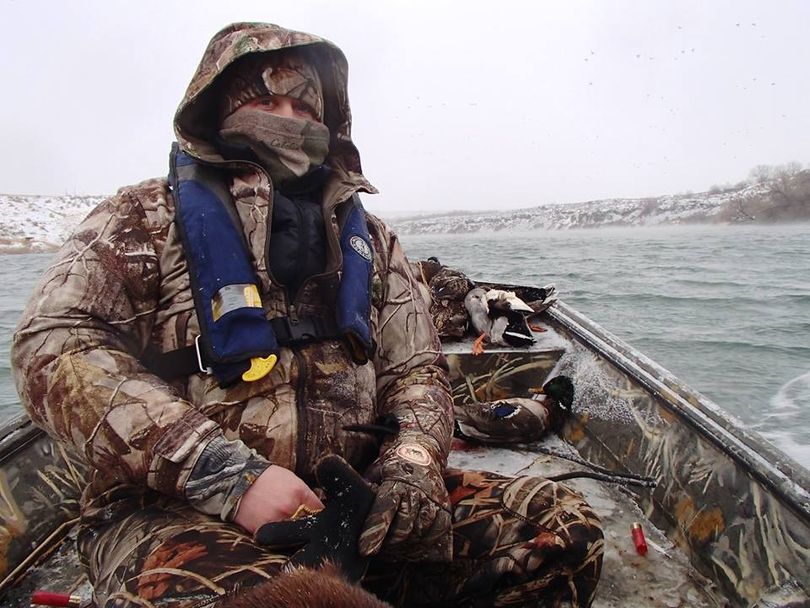Cold-water boating, waterfowling demands extra precautions

HUNTING -- The need for boating safety ramps up in autumn for waterfowl hunters and anglers venturing into cold waters after most recreational boats are winterized and stored until next season.
Overloaded boats and failure to wear life jackets are leading reasons Idaho typically loses a couple of hunters or anglers every year, Idaho Fish and Game Department officials say.
"In the past 10 years, nearly 67 percent of the fatal boating accidents in Idaho were the result of victims involuntarily entering the water from small boats," says Mike Demick, department spokesman.
"The average water temperature of Idaho’s water is 52 degrees, even during the summer. Wearing a life jacket can greatly increase your chance of surviving a cold water immersion situation."
Free boating safety classes that address boating laws and cold-season precautions are scheduled Nov. 19 and Jan. 21 in Hayden. Register online, www.boatidaho.gov.
Idaho's boating laws and safety guidelines include:
- Wear life jackets while on the water, especially when in transit or when the weather turns bad. Small boats combined with limited visibility and high winds can be hazards to safe navigation. Remember: Idaho boating laws requires all vessels to have at least one properly sized life jacket for each person on board. Life jackets only work if they are worn.
- Be aware of the capacity of your boat and be careful not to overload vessels. Many waterfowl boats are small and they can easily be overloaded with hunters, dogs, and gear.
- Vessels are required to display navigation lights between sunset and sunrise and in periods of restricted visibility such as fog or heavy rain.
- Be prepared for changes in the weather and dress accordingly.
- Leave the alcohol at home. Alcohol makes a person more susceptible to hypothermia, interferes with their ability to swim, and to make quick decisions in an accident.
- Do not be afraid to cancel the trip if the weather turns bad.
